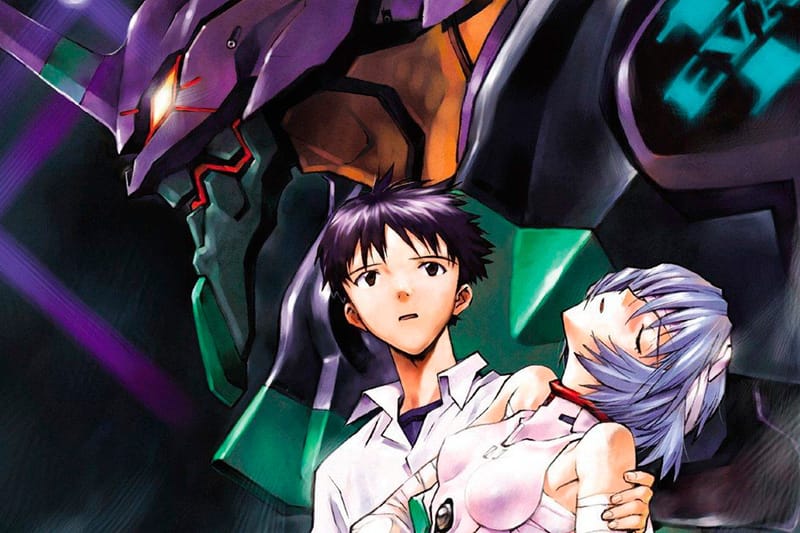

- Neon genesis evangelion eng sub or dub full#
- Neon genesis evangelion eng sub or dub series#
- Neon genesis evangelion eng sub or dub tv#
Neon genesis evangelion eng sub or dub tv#
Thus, Evangelion’s TV run ends with the lead characters’ minds being systematically shredded apart and put back together.ĭeath threats aside, Evangelion was a major success, one that saw fans clamoring for a “real” ending.
Neon genesis evangelion eng sub or dub full#
He crammed Evangelion full of themes and iconography from Judeo-Christian texts, science-fiction novels, Hayao Miyazaki’s Nausicaä of the Valley of the Wind (which Anno helped animate), and even a Robert Browning poem, among other sources, but he got really obsessed with psychology after falling into a deep battle with depression. “Any person can see it and give his/her own answer.” That’s at least partly because Anno reportedly couldn’t always decide what he wanted the answer to be.

“ Evangelion is like a puzzle, you know,” the director told Newtype, the Japanese monthly magazine dedicated to anime and manga, in 1996. When the final two episodes aired, Anno infamously got death threats because viewers were so put off by the shift. By the final two episodes, however, its plot has taken a backseat to trippy, simplified animation and a patchwork of voice-over–driven psychoanalysis of the main characters.
Neon genesis evangelion eng sub or dub series#
The show opens as an action series centered on several characters in the near future (2015 once qualified as the near future) fighting the so-called “Angels,” massively destructive beings that demolish buildings and seemingly want to wipe out human life. Writer Mike Crandol succinctly explained Evangelion’s appeal at the Anime News Network in 2002, just as the show’s first American DVD box set was about to hit the shelves: “It can be enjoyed at face value as an expertly realized sci-fi action adventure, but it is also a bleak satire of the genre, a coming-of-age parable, and a treatise on confronting loneliness and uncertainty in the adult world.” Along the way, Evangelion stages epic, city-demolishing fight sequences and manages to make a nuanced argument for the human condition. Protagonist Shinji Ikari fights monsters in what is more or less a giant robot, though it looks suspiciously humanoid, and is tasked with saving humanity, only to learn that saving humanity takes a massive toll on his mental health. Series creator and director Hideaki Anno conceived of the show as a kind of postmodern giant robot series - a send-up of other shōnen anime properties (which target a young male demographic) like the Mobile Suit Gundam and Space Runaway Ideon series. Why is Neon Genesis Evangelion such a big deal?Įvangelion has been one of the most popular anime series ever created pretty much from the start. Here’s a question-and-answer guide to everything you need to know about the 26-episode anime and its two movies, Neon Genesis Evangelion: Death & Rebirth and End of Evangelion, all of which are now available on Netflix. If this brewing backlash seems like a deterrent to new viewers unfamiliar with the series, it’s worth taking a step back and survey what’s been gained, as well as lost, in Evangelion’s translation to Netflix. The franchise is also an anime classic - equivalent in acclaim, auteurship, and cultural footprint to America’s Twin Peaks or 2001: A Space Odyssey.Ī significant subset of its vocal fans, however, have spoken out against the Netflix release, taking issue with Netflix’s new English translation, which replaced the one that first came to the United States more than 15 years ago, as well as the omission of the series’ iconic ending theme song, a version of “Fly Me to the Moon.” Evangelion debuted in Japan in 1995 and has since earned a reputation as a controversial, psychologically complex, difficult piece of art.

If you have a pulse and a Netflix login, you’ve probably at least heard of Neon Genesis Evangelion, the Japanese anime that the streaming service recently licensed for American audiences.


 0 kommentar(er)
0 kommentar(er)
